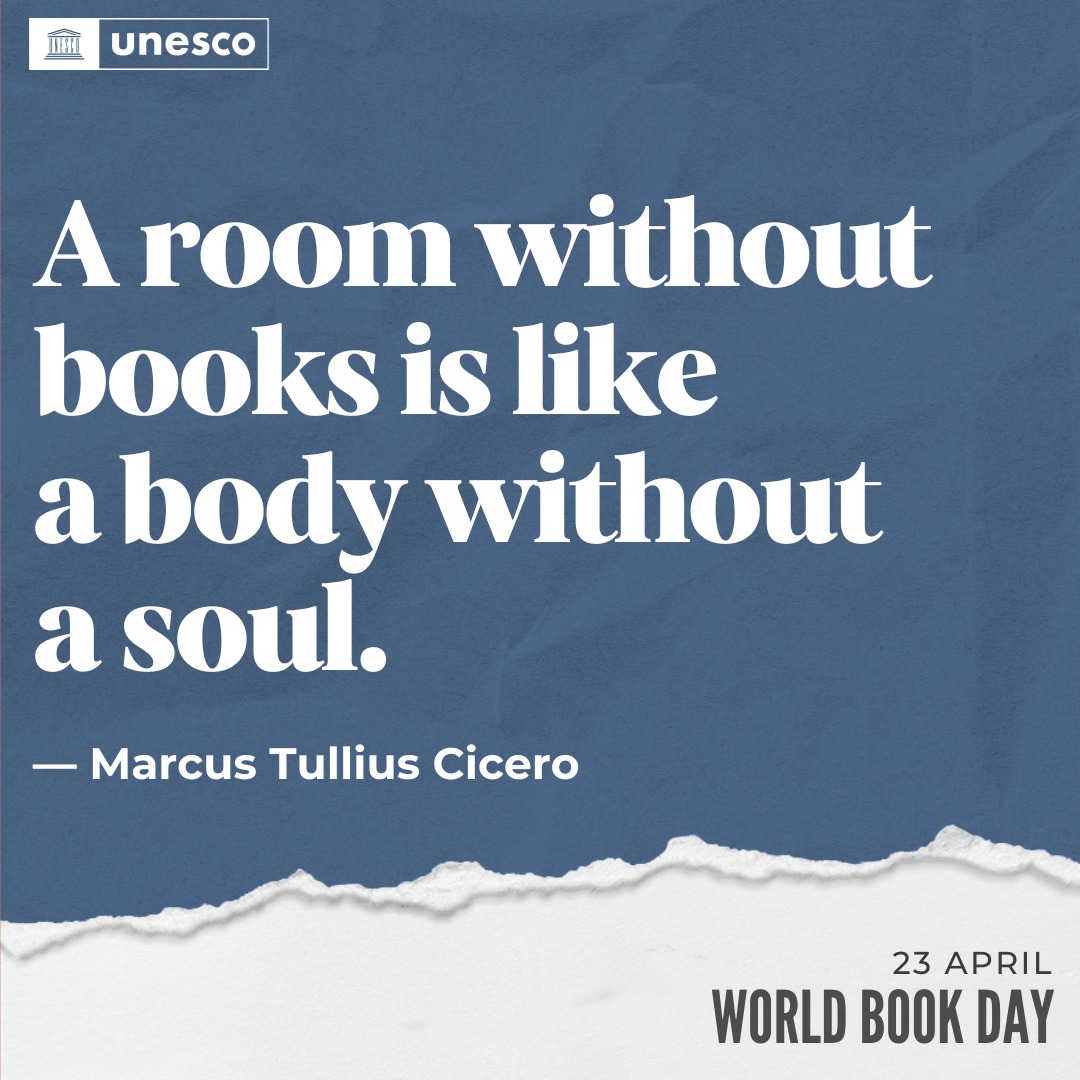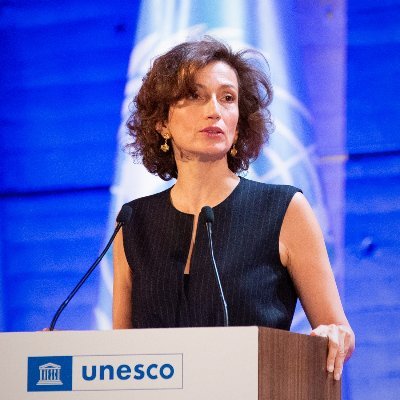23 April is a symbolic date in world literature. It is the date on which several prominent authors, William Shakespeare, Miguel de Cervantes and Inca Garcilaso de la Vega all died. This date was a natural choice for UNESCO’s General Conference, held in Paris in 1995, to pay a world-wide tribute to books and authors on this date, encouraging everyone to access books
 KRC TIMES Education Desk
KRC TIMES Education Desk


World Book and Copyright Day is a celebration to promote the enjoyment of books and reading. Each year, on 23 April, celebrations take place all over the world to recognize the scope of books – a link between the past and the future, a bridge between generations and across cultures. On this occasion, UNESCO and the international organizations representing the three major sectors of the book industry – publishers, booksellers and libraries, select the World Book Capital for a year to maintain, through its own initiatives, the impetus of the Day’s celebrations.
23 April is a symbolic date in world literature. It is the date on which several prominent authors, William Shakespeare, Miguel de Cervantes and Inca Garcilaso de la Vega all died. This date was a natural choice for UNESCO’s General Conference, held in Paris in 1995, to pay a world-wide tribute to books and authors on this date, encouraging everyone to access books.
By championing books and copyright, UNESCO stands up for creativity, diversity and equal access to knowledge, with the work across the board – from the Creative Cities of Literature network to promoting literacy and mobile learning and advancing Open Access to scientific knowledge and educational resources. With the active involvement of all stakeholders: authors, publishers, teachers, librarians, public and private institutions, humanitarian NGOs and the mass media, and all those who feel motivated to work together in this world celebration of books and authors, World Book and Copyright Day has become a platform to rally together millions of people all around the world.

Books, in all their forms, allow us to learn and to keep ourselves informed. They also entertain us and help us to understand the world, while offering a window into otherness.
For books to be able to unleash their full potential, it is essential that they reflect the linguistic diversity of our world. That is why, as part of the International Decade of Indigenous Languages (IDIL), launched in 2022, UNESCO is supporting the publication of books in both Indigenous and regional languages.


